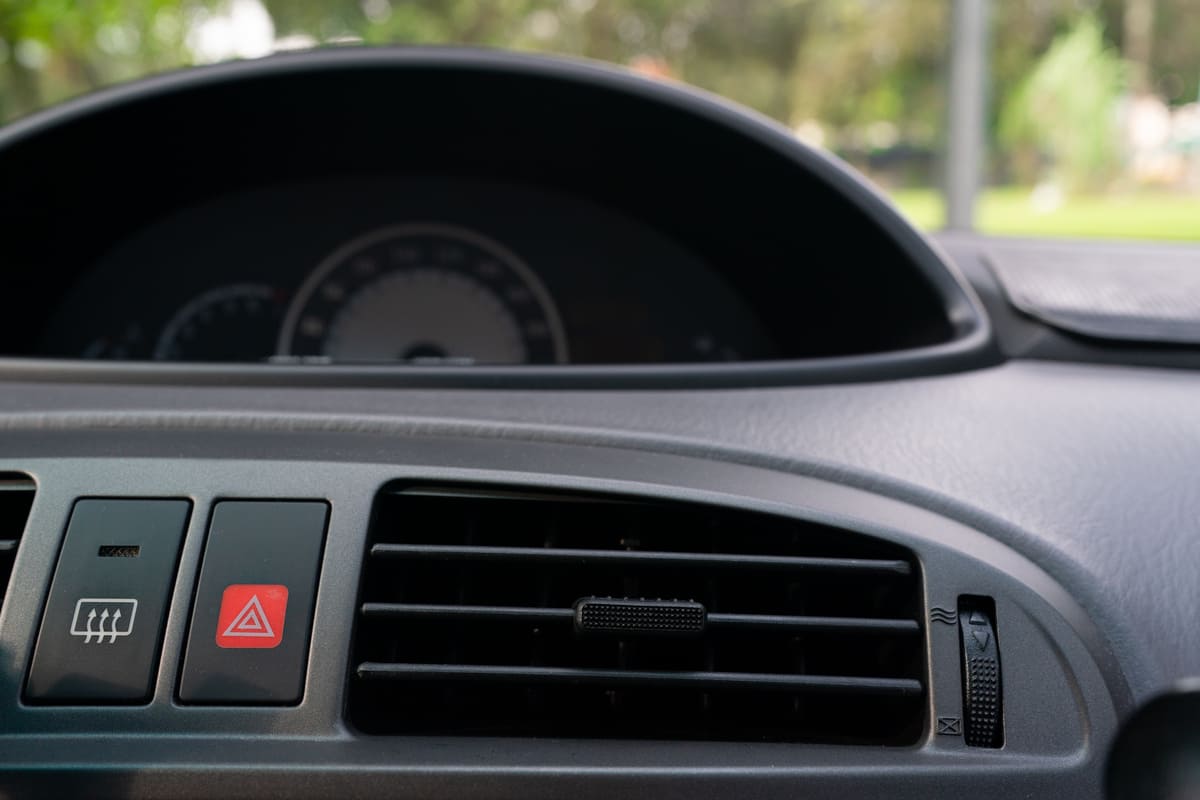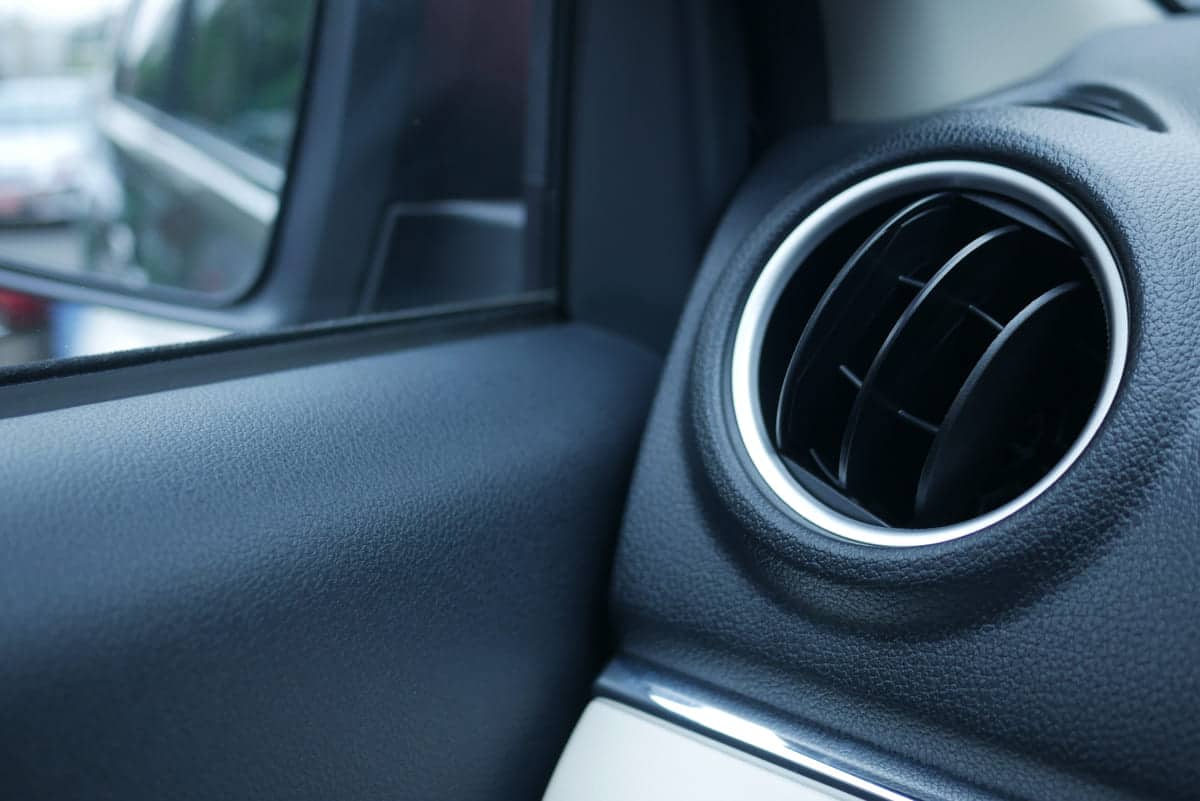
What Are Common Ford Explorer AC Problems?
The Ford Explorer is one of the most popular SUVs in America, loved for its roominess, power and comfort. Ford’s commitment to durability and innovation keeps the Explorer in high demand, whether for family road trips, daily commutes, or off-road adventures. But like all vehicles, the Explorer’s air conditioning (AC) system can have issues, especially during warmer months when the is used most.
This blog post is to help Ford Explorer owners identify and understand common AC problems and find easy fixes. We’ll cover symptoms, causes and steps to fix. We want to give you expert advice so you can fix AC issues yourself, whether it’s a quick fix or needs professional attention.
If you’re experiencing weak airflow, weird smells or even warm air coming from your AC, this guide will give you the answers. Let’s get into the most common AC problems and how to fix them for a comfortable drive.
Common Ford Explorer AC Problems
The Ford Explorer is reliable and comfortable, loved by families and adventure seekers alike. But like any vehicle, it’s not perfect and the air conditioning (AC) system is not immune to issues, especially during warmer months.
Here’s a quick rundown of common AC problems Ford Explorer owners may face and how to keep the system running smoothly for cool and comfortable rides all year round.
Weak or No Airflow
This is often caused by a clogged cabin or a faulty blower motor resulting to weak or no airflow through the vents. Blockages or dust buildup in the air filter can restrict the air’s passage and reduce the cooling effect.
Basic maintenance can help, like checking or replacing the cabin air filter regularly. If the airflow is still weak after replacing the filter, it may be a problem with the blower motor which should be checked by a pro.
Warm Air Blowing Instead of Cold
When warm air comes out instead of cold, the refrigerant levels are often low, there’s a refrigerant leak or the AC compressor is not working correctly. Refrigerant is the lifeblood of the AC and any shortage affects its performance.
Check the refrigerant levels first which can be topped up if needed. But leaks or compressor issues need professional repair to make sure the system is airtight and efficient.
Unusual Noises When the AC is Running
Weird noises like rattling or clicking means the compressor is failing or there’s debris in the blower motor. These noises can mean internal damage or parts grinding against each other which needs to be addressed immediately.
Diagnosing these noises requires caution. Don’t make it worse by consulting a pro if the noises persist or get worse. A mechanic can check for loose parts or wear inside the compressor.
Musty or Foul Smell from Vents
Foul smells from the vents are usually caused by mold or bacterial growth inside the AC system or dirty cabin air filter. Dampness inside the AC unit is a breeding ground for microbes resulting to musty smells.
Replace the cabin air filter and consider using an anti-microbial treatment in the AC system. This will eliminate bacteria and improve air quality and your drive will be pleasant and odor-free.
Each of these common problems affects the Ford Explorer’s AC performance and regular checks can save you from costly repairs. Knowing these potential problems can help you maintain a comfortable and efficient AC system all year round.

Diagnosing Ford Explorer AC Problems: A Step-by-Step Guide
Diagnosing AC problems in your Ford Explorer doesn’t have to be complicated. Here’s a step by step guide to help you identify common problems and if it’s DIY or time to call a pro.
Step 1: Inspect the Cabin Air Filter
A dirty cabin air filter can block airflow and reduce AC performance and musty smells. In the Ford Explorer, the cabin air filter is behind the glove box. Slide it out carefully and check for dust, dirt or blockages. If it’s dirty, replacing it will restore airflow and get rid of the stink.
Step 2: Check the AC Compressor
The AC compressor is the heart of the cooling system. If it’s failing you’ll hear weird noises or the AC will blow warm air. To check, listen for clicking or grinding sounds when the AC is on. Be careful not to touch the compressor while it’s running to avoid injury.
Step 3: Examine the Refrigerant Levels
Low refrigerant levels mean longer cooling times or warm air from the vents. While you can check the refrigerant levels with a DIY gauge, handling refrigerant without expertise is risky. If you suspect low refrigerant, it’s safer to have a pro do the recharge to ensure safe handling and proper levels.
Step 4: Look for Visible Signs of Leaks
Refrigerant leaks can reduce cooling performance and can be seen around the AC connections or hoses. Check these areas for oil residue or small puddles. If you see signs of a leak, professional diagnosis is recommended to pinpoint the source and ensure repairs meet standards.
These steps are a simple way to diagnose common AC problems in your Ford Explorer. For major repairs, it’s best to call a pro to avoid further damage.
What are the Preventive Tips for Maintaining the Ford Explorer AC System?
Keeping your Ford Explorer’s AC system in good shape is crucial for comfort especially during hot months. Follow these preventive tips to avoid AC problems and extend the system’s life.
Regularly Replace the Cabin Air Filter
The cabin air filter is the gatekeeper of clean air and smooth airflow. Over time it accumulates dust, pollen and other debris which can block airflow and reduce AC performance. Replace the cabin air filter every 12,000 to 15,000 miles or at least once a year.
If you drive in dusty areas or high traffic, check it more often. Replacing the filter on time will keep the cabin clean and your AC from working too hard to cool the interior.
Run the AC Regularly, Even During Cold Months
Running the AC occasionally even in winter will keep the compressor lubricated and prevent seals from drying out. When the compressor is on it circulates refrigerant oil through the system which keeps the internal components in good condition.
For 10-15 minutes every week turn on the AC to the lowest temp. This simple step will save you from costly repairs in the long run as it keeps the compressor and seals in good condition.
Keep the Vehicle Interior Clean
Dust and debris inside the can easily enter the AC vents and clog the filter and put extra load on the system. Vacuum the interior and wipe down surfaces regularly to reduce the amount of dust circulating in the cabin.
Keep the floors and seats clean especially in high traffic areas or if you always drive with windows open to prevent small particles from entering the vents and clog the filter. Clean interiors means a more efficient AC system and a fresher cabin.
Schedule Regular AC Maintenance
Schedule AC maintenance especially before summer to catch small problems before they become major repairs. During AC service, technicians check refrigerant levels, look for leaks and ensure the compressor and other components are working properly.
Annual service will keep your AC system in top shape, so it’s reliable and cool when you need it most. A regular AC check will also extend the life of your Ford Explorer’s AC system and prevent unexpected breakdowns during hot weather.
Following these preventive steps will go a long way in keeping your Ford Explorer’s AC system running smoothly all year.
down the line. A little attention now can save a lot of money later.”
Chris Fix, Automotive Repair Specialist

When to Seek Professional Help For Your Ford Explorer AC System?
Knowing when to call a pro will save you time and prevent bigger problems with your Ford Explorer’s AC system. Here’s when:
Persistent Problems
If the AC still blows warm air or makes weird noises after basic troubleshooting, it’s time to call a pro. Persistent problems mean deeper issues like a failing compressor or electrical problems that DIY solutions can’t fix. Ignoring these symptoms will cost you more in the long run so it’s best to get expert advice ASAP.
Complex Repairs
Some repairs are best left to pros especially if it involves complex components. Replacing a compressor or refilling a refrigerant requires special tools and knowledge of how AC systems work. Trying to do these without experience will damage the system further and even pose safety risks. Certified technicians have the equipment and training to do these repairs safely and efficiently.
Unknown Leaks
If you suspect an AC leak but can’t find it, call a professional. AC systems are sealed so any leak means a breach that needs attention. Technicians have the tools to detect leaks precisely and handle refrigerants safely. Handling refrigerant requires care as improper exposure can be harmful. A pro will make sure the leaks are fixed properly and your AC is running smoothly and your vehicle is safe.
In modern vehicles, diagnosing AC issues requires a balance of DIY knowledge and knowing when to call a pro. Safety should always come first.”
Scotty Kilmer, Mechanic and Auto Repair Expert
What Can Be the Cost of Fixing Common Ford Explorer AC Issues?
Knowing the cost of repairs will help Ford Explorer owners make wise decisions. Here’s a breakdown of the cost and factors to consider:
Range of Repair Costs for Common Issues:
- Cabin Air Filter Replacement: Replacing the cabin air filter is the most affordable fix. The cost is between $20 to $50 depending on the filter type and labor if done by a mechanic.
- Compressor Replacement: The compressor is a vital component so replacement can be costly. The cost is between $500 to $1,000 depending on the model and labor. Since the compressor is the one that cools, this is a must-fix.
- Refrigerant Refill: If your system needs a refrigerant refill, the cost is between $100 to $300. This depends on how much refrigerant is needed and labor. A proper refill will cool the AC without overworking other parts.
Factors Influencing Repair Costs:
Several elements can impact the final cost of your repair:
- Age of the Vehicle: Older models need more frequent replacement due to wear. Older parts are also harder to find so it’s more expensive.
- The severity of the Problem: Minor issues like replacing a filter is cheap. Major repairs like replacing a compressor are costly.
- Parts Availability: The availability of parts OEM or aftermarket can affect repair costs. OEM parts are more expensive but often last longer and fit better.
Advice on Saving Money:
To keep AC repair costs low, regular preventive maintenance is essential. Replacing the cabin air filter on schedule and running the AC regularly, even in cold months, can prevent bigger issues. Using OEM parts, while initially more expensive, often saves money in the long run by reducing the chance of further issues and ensuring optimal performance.
End Note:
Maintaining the AC system in your Ford Explorer can ensure comfortable drives all year round, especially during those hot summer months. Understanding common AC problems, from weak airflow to unusual sounds, can help you address issues early and potentially save on costly repairs. By following basic diagnostic steps like checking the cabin air filter and monitoring refrigerant levels, you can pinpoint minor issues before they become major.
Remember, preventive maintenance, such as replacing the cabin air filter regularly, running the AC even in winter, and scheduling routine check-ups, goes a long way in keeping your AC system functioning smoothly. However, when persistent or complex problems arise, seeking professional help is essential for safe and reliable repairs.
With these insights and tips, you’re better prepared to keep your Ford Explorer’s AC system in top condition, ensuring a pleasant driving experience. Prioritizing AC health now can save you time, money, and hassle down the road.




